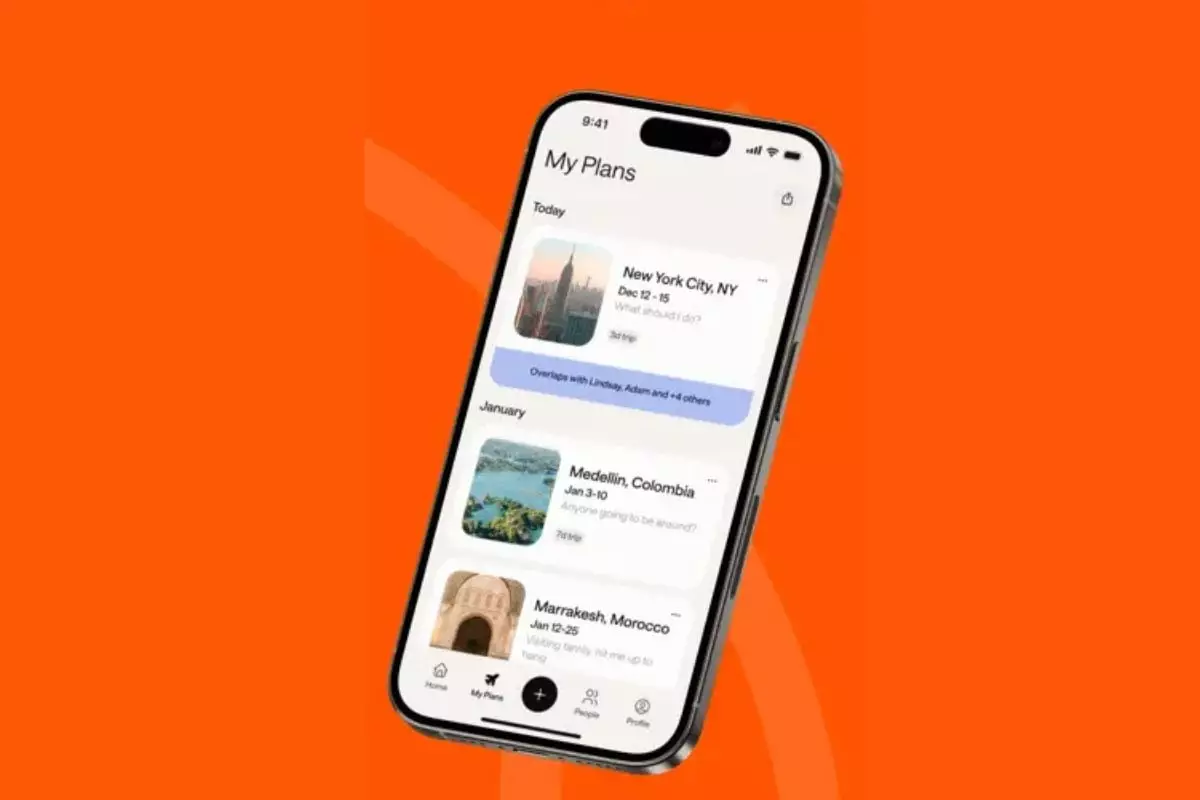In an era where social media platforms thrive on the dissemination of public content and the gathering of followers, Mozi emerges as a refreshing alternative that seeks to redirect the focus towards meaningful interactions. The platform, recently launched on iOS, introduces a unique concept that deviates significantly from traditional social media dynamics. Founded by Ev Williams, Mozi is touted not as a media-sharing hub but rather as a social connection tool that prioritizes rich and intentional real-world interactions over digital indulgences.
Unlike conventional platforms where users engage in the exhibition of curated versions of their lives through photos and videos, Mozi explicitly neglects these elements. It abolishes public profiles, follower counts, and even the presence of influencers, emphasizing a more intimate and private user experience. This stark departure from the social media norm invites curiosity and raises questions about what constitutes a successful social platform in today’s digital landscape.
The core feature of Mozi is its ability to inform users when they will be in the same vicinity as friends, be it at an event or in the same city. This functionality, articulated by Williams as the primary value proposition, is aimed at fostering face-to-face interactions. In his vision, social media should not solely be a venue for sharing content with strangers but rather a means to deepen pre-existing relationships. This approach is poised to combat the sense of isolation that can accompany the perennial scroll through typical social media feeds, where engagement often remains superficial.
Furthermore, Mozi offers additional operational advantages. It serves as a decision-making aid for users when selecting events to attend in a bustling social landscape. For example, if multiple gatherings are scheduled for a weekend, users can determine which event their friends are attending, thereby choosing the one that maximizes social engagement. This feature enhances the app’s functionality beyond mere connectivity and leans into its role as a facilitator of collective experiences.
The soft launch of Mozi was carefully executed to gather insights from a small user base, and the feedback has been encouraging. Users have reported that the app successfully prompted them to meet up with friends, suggesting an inherent appetite for spaces that encourage real-world interactions. By adhering to a more community-oriented strategy, Mozi taps into a growing demand for applications that feel less about broadcasting oneself and more about enriching existing friendships.
One of the compelling aspects of Mozi is its commitment to privacy and trust. Only mutual contacts — verified through phone numbers — can view a user’s posts, fostering an environment where individuals feel safer sharing their plans and intentions. Additionally, users are afforded greater control over their interactions; they can limit visibility of their plans to “close friends” or remove contacts that do not contribute positively to their social engagements. This cultivates a more curated social experience focused on quality over quantity.
While currently exclusive to iOS, Mozi reflects a vision of future growth, with plans to expand its reach to Android users. A waitlist has already been established indicating a clear intent to tap into a broader audience. As social media fatigue sets in, platforms like Mozi could serve as antidotes to the overwhelming clutter created by massive influencer-driven channels.
Mozi sets out to disrupt the traditional social media paradigm by fostering genuine connections. It resonates with users grappling with the pressures of digital sharing while offering a simplified, more personal way to maintain relationships. As society increasingly values authentic interactions, Mozi may well be positioned to challenge the entrenched norms of social media and guide users toward a more fulfilling social experience. The implications of its reception could redefine how we perceive connectivity in the modern world, steering us back to the roots of friendship and community.


Leave a Reply